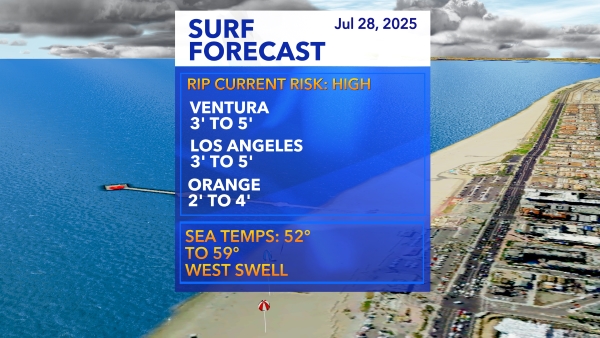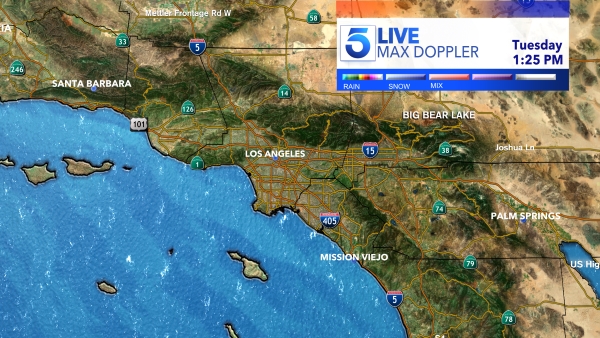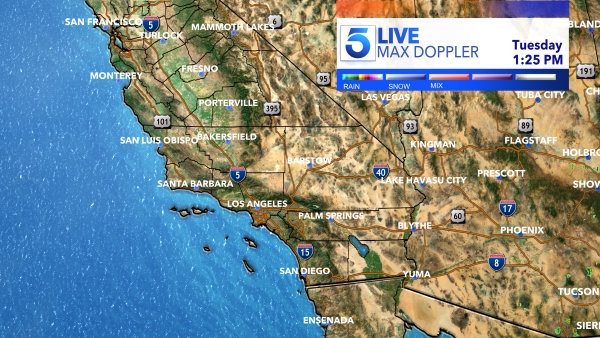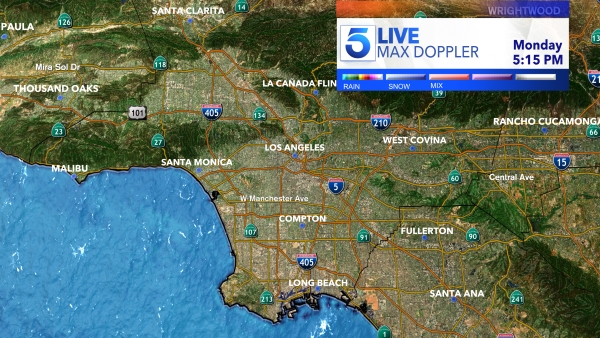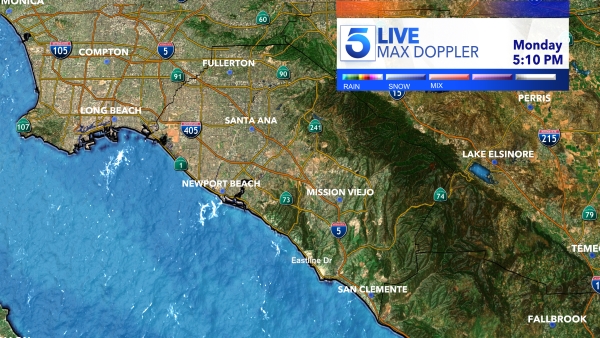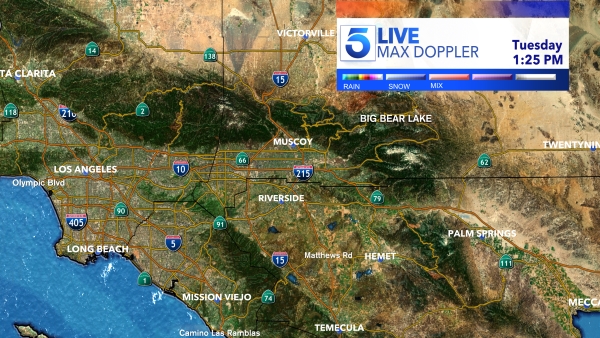Snow continued to fall Monday around parts of the Great Lakes region, where storm-weary residents who have plowed and shoveled for days faced the prospect of even greater accumulations.
Lake-effect snow fell on parts of western New York, Pennsylvania and Ohio that were already blanketed with a foot (0.3 meters) or more over the past four days. By Monday, more than 5 feet (1.5 meters) of snow had fallen east of Lake Ontario in the past four days, according to the National Weather Service. Snow was forecast through Tuesday in the largely rural area south of Buffalo.
“It was so much, so quick, that we got buried,” said Rebecca Chamberlin, who lives in the village of Cassadaga, New York, east of Lake Erie with her husband and two sons. She has been struggling to keep up with the bands of sometimes wet and heavy snow. “If it had been, you know, over a period of a week or more, it wouldn’t have been so bad.”
Heavy lake-effect snow caused a barn to collapse in the town of Arkwright, New York, killing five cows and trapping about 100 others, officials said Monday in a Facebook post. Emergency crews were working late into the day in deep snow to rescue the animals. Officials urged farmers to check their barns and buildings for any signs of stress or damage from the continuing snow.
In Ohio, the quaint village of Geneva-on-the-Lake had more than 4 feet (1.2 meters) of snow, and more is in the forecast through the rest of the week, according to the National Weather Service.
“At this point, it’s just annoying,” said Ryan Colby, who lives a snowball’s toss from Lake Erie in the Ohio village. “We’ve just been getting hit left and right with it. I’ve been getting up every couple hours and shoveling out the driveway and the porch just so we don’t get too, too buried again.”
Lake-effect snow warnings were in effect through Tuesday night in parts of Ohio, New York and Pennsylvania.
Winter storm warnings or advisories also were posted through Tuesday in Michigan, up and down the Lake Michigan coast, where as much as a foot (0.3 meters) of snow was predicted. Farther inland, some communities canceled school, including Gaylord, where more than 3 feet (0.9 meters) of snow has fallen since Thanksgiving.
“Last year at this time we still had green grass,” said Mike Williams, who has a snow removal business in Gaylord. “To get it all at once overwhelmed everyone.”
In southwest Michigan, a crash involving about 14 passenger vehicles and three semi-trucks critically injured a driver and temporarily shut down Interstate 94 near Hartford in both directions during whiteout conditions on Monday, the Michigan State Police posted on the social platform X. Officials say the crash was likely caused by people driving too fast in the snowy conditions. More than a dozen “vehicle slide offs” had also been reported in the area, with police warning drivers to slow down.
Digging out
Skies were clear east of Lake Ontario in northern New York, where some residents were still digging out from mountains of snow.
“We’ve got snow banks that are higher than me,” said Mary Shambo, owner of the Cottage Inn in Copenhagen, New York. The small village received more than 5 feet (1.5 meters) of snow in four days.
Shambo and her husband, Ben, managed to stay open through the thick of the storm. Some locals arrived by snowmobile, but they mostly served truckers who pulled off the road when bands of snow became particularly fierce.
“It goes from whiteout conditions to clear,” she said, “so they would take off when it was clear and hope to God they got to where they needed to go.”
In Ohio, the mayor of Geneva-on-the-Lake has been using a backhoe almost nonstop since Thursday to clear the snow.
“Every business down here has been shut down the last four days,” Mayor Dwayne Bennett said. “You can’t even get in the front doors.”
“The problem is we’re not equipped to handle this much snow in this amount of time,” he added.
Officials faced similar problems in snow-bound Erie, Pennsylvania, where 3 to 4 feet (0.9 to 1.2 meters) of snow fell since Thursday, and accumulations on the ground were particularly wet and heavy.
“Every shovel is like 30 pounds, and there’s not a lot of space to put that snow once it’s been piling up for days and days,” said Sarah Morrison with the Erie Metropolitan Transit Authority.
Snow in Alaska
Up to 17 inches (43 centimeters) of snow fell in Alaska’s capital city of Juneau over the weekend as part of a system that was “definitely stronger” than what the region typically experiences this time of year, National Weather Service meteorologist Greg Spann said.
Snow had transitioned to freezing rain early Monday, he said, with roads icy in some areas. Wet, heavy snow was piled on sidewalks along typically busy streets near downtown Juneau, and slushy pools were forming at some intersections. School went to remote learning in the city on Monday, and state offices were closed due to freezing rain. Ice encased the thin branches on some trees.
The rest of Juneau’s week is expected to be very different, with forecasts calling for rain and unusually warm temperatures in the 40s (between 4.4 and 10 degrees Celsius).
___
“It’s been in Ohio as early as the mid-1850s at least, brought in as an ornamental plant because of its unique foliage and white flowers,” Gardner said. “It was actually planted in people’s landscaping, and it has been spreading.”
This story has been updated to correct the snow total in Cassadaga, New York, to 4.5 feet, not 5.5 feet.
___
Contributing to this report were Susan Haigh in Norwich, Connecticut; John Seewer in Toledo, Ohio; Ed White in Detroit; Mark Scolforo in Harrisburg, Pennsylvania; Becky Bohrer in Juneau, Alaska; and Hallie Golden in Seattle.

